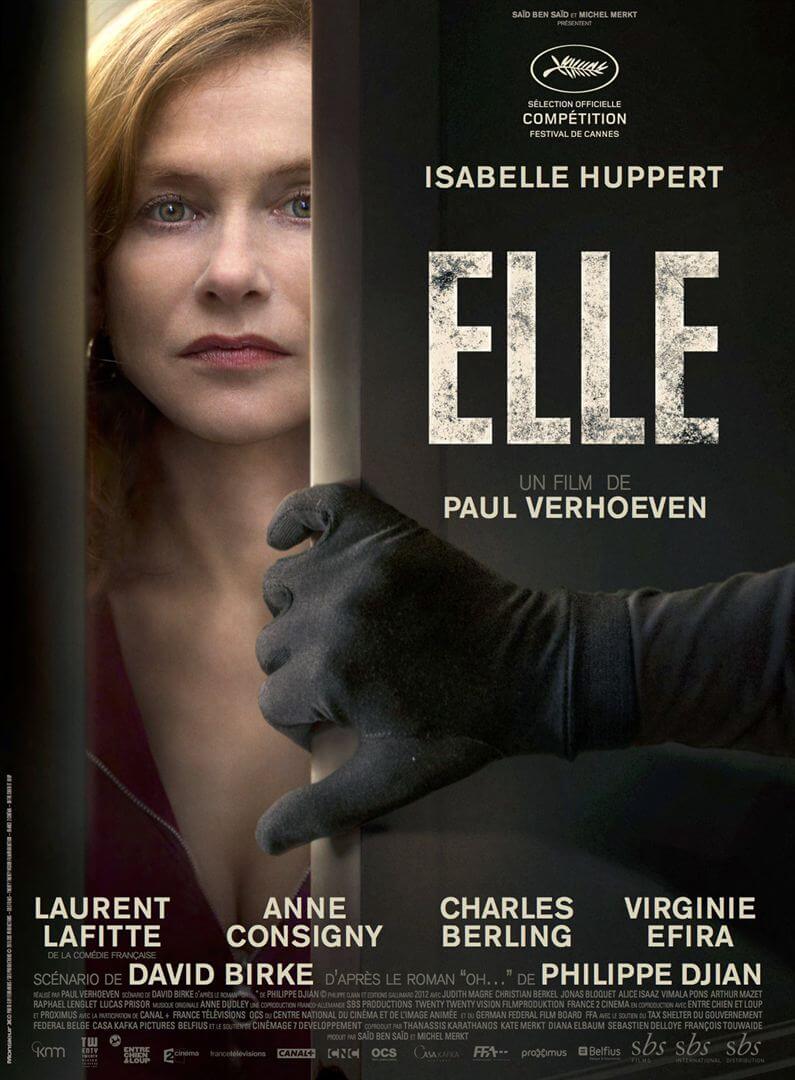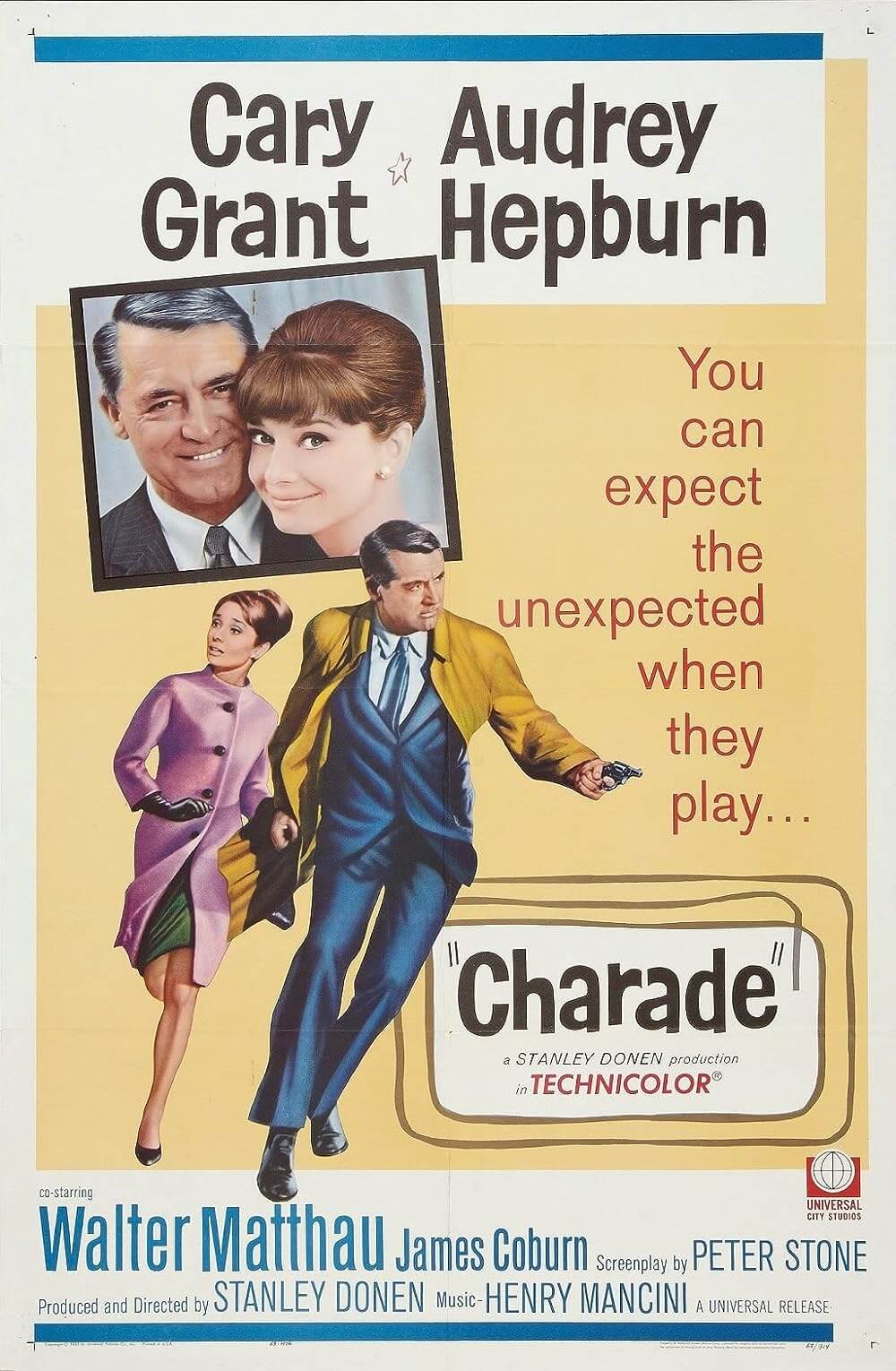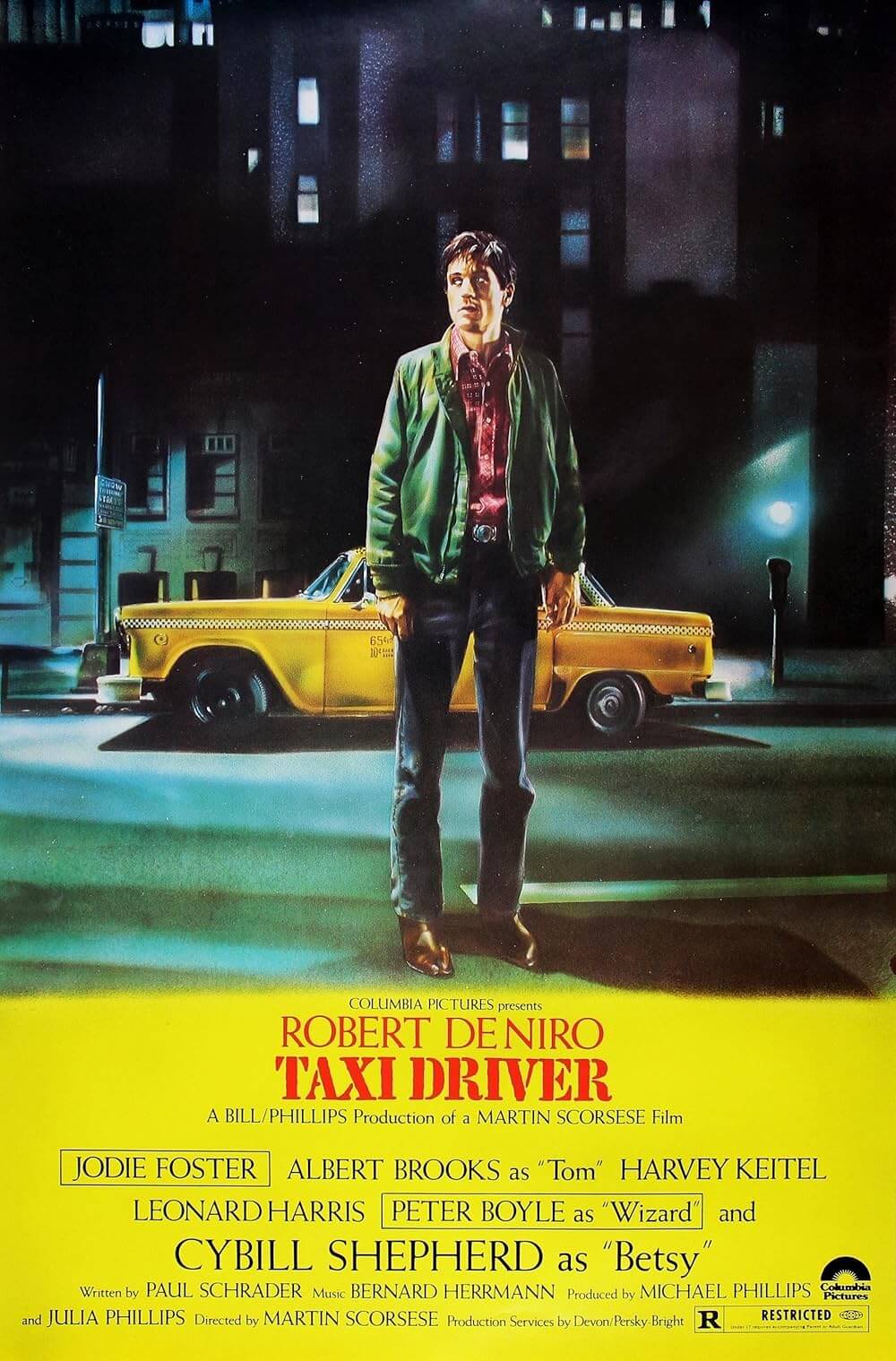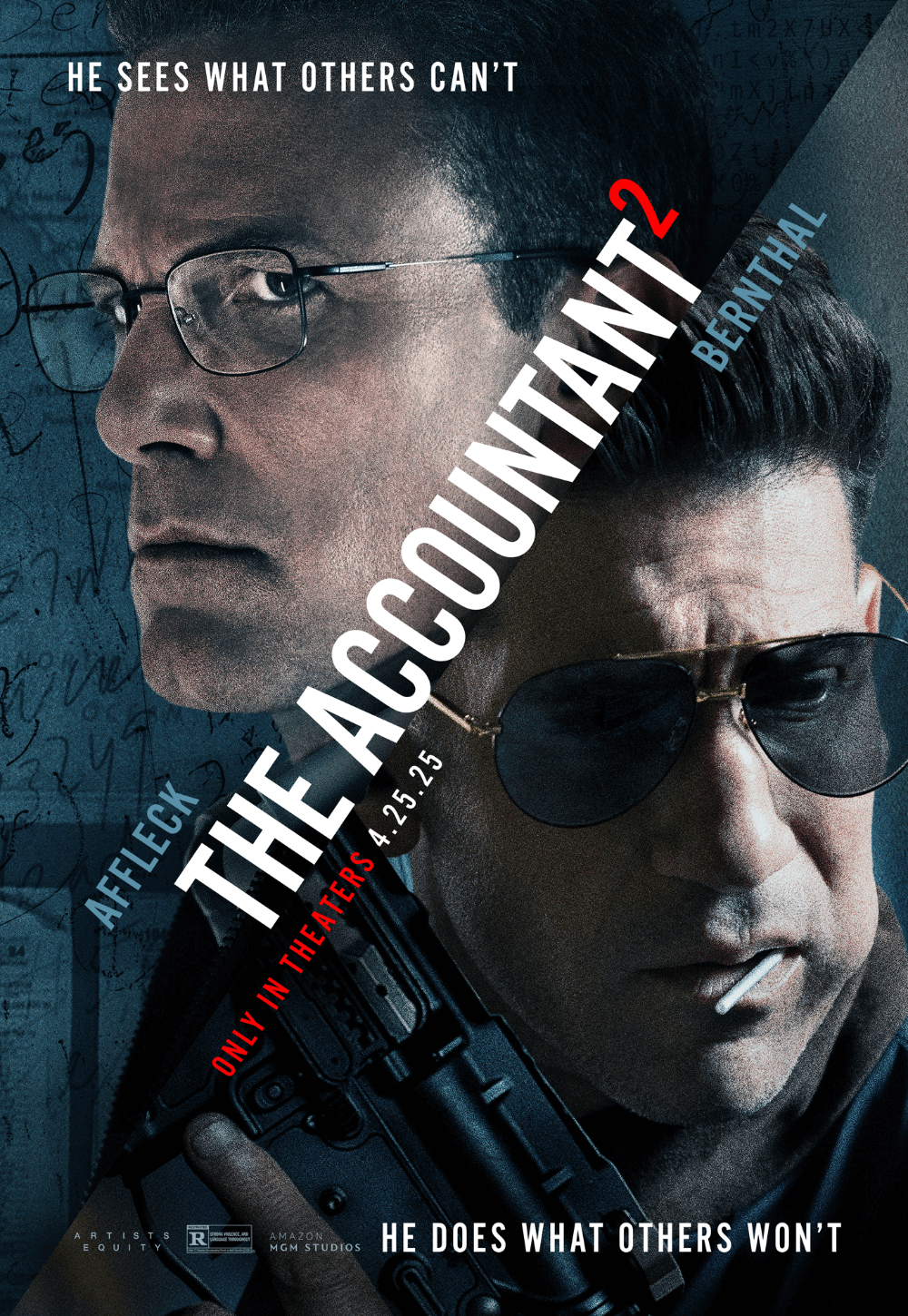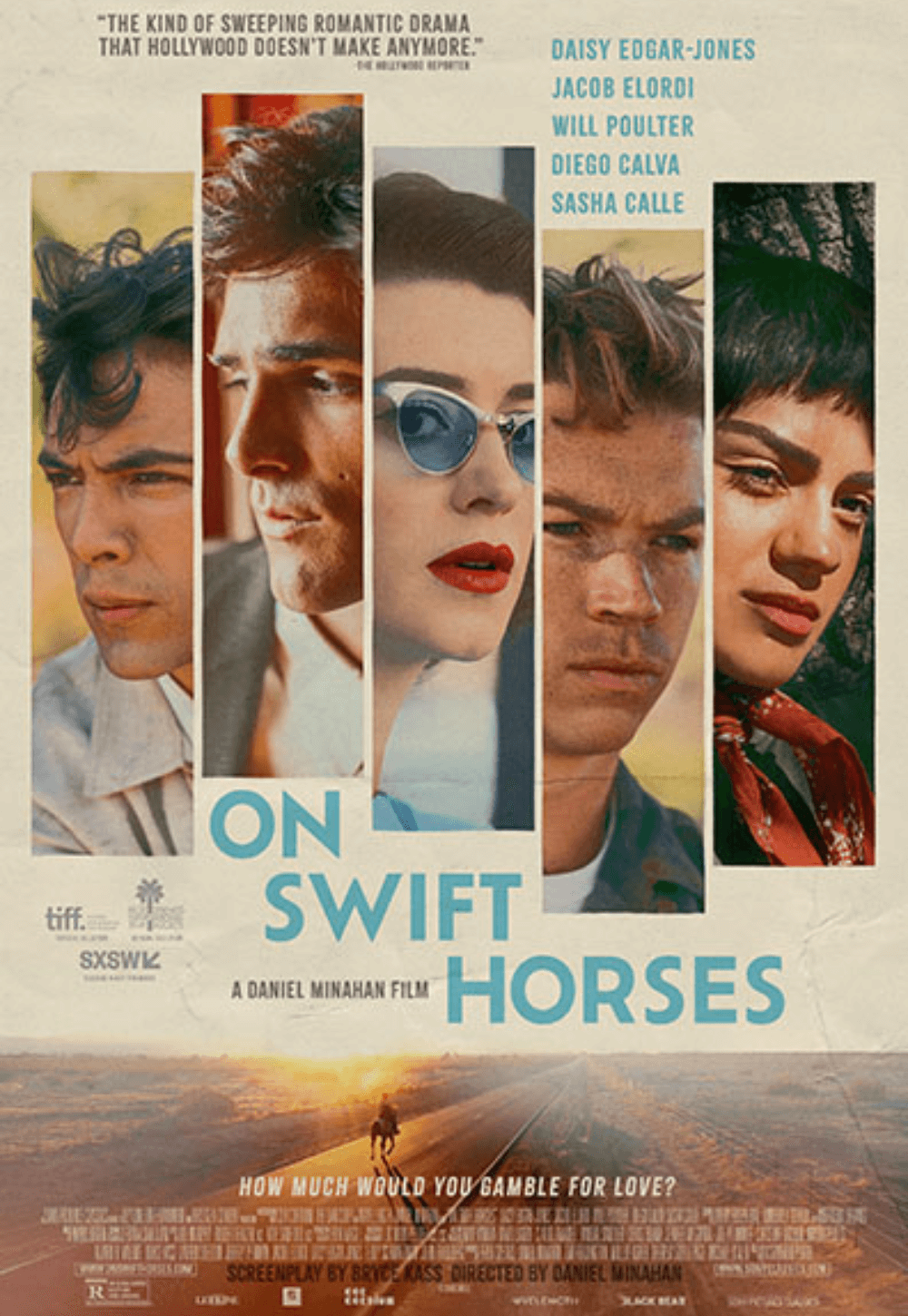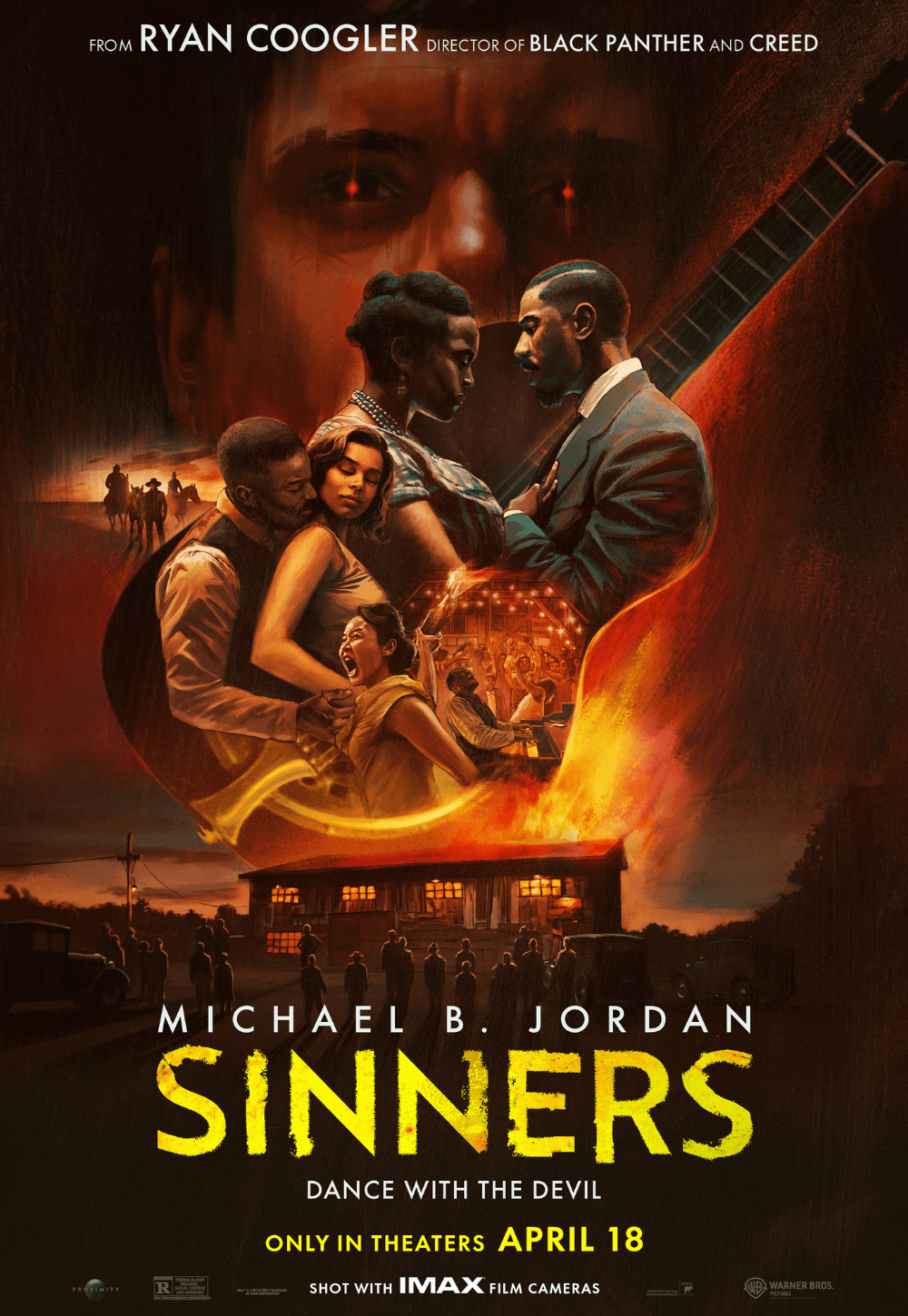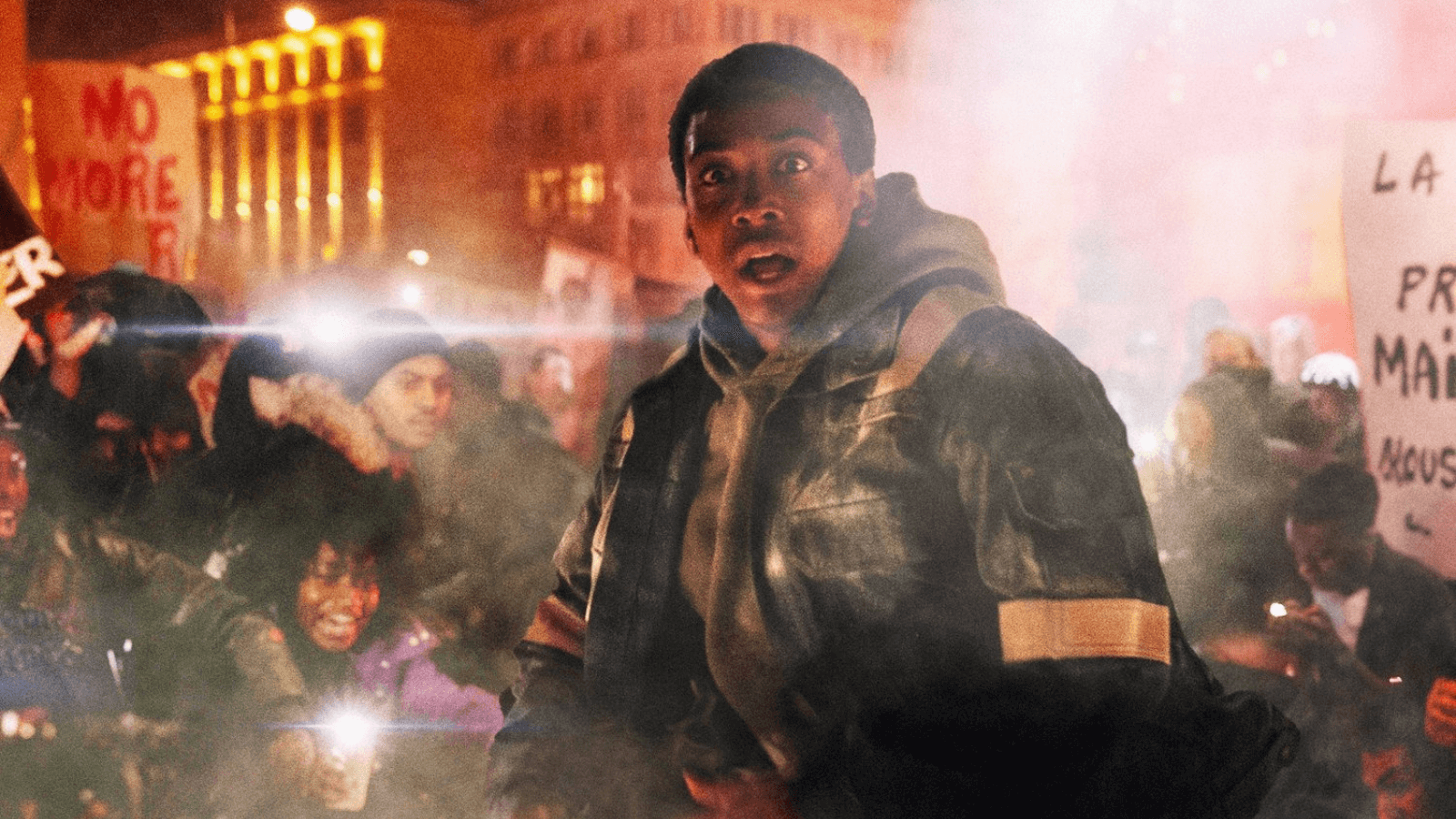
Night Call
By Brian Eggert |
Night Call opens with a blue-collar equivalent of a Save the Cat situation. Locksmith Mady Bala, played by newcomer Jonathan Feltre, opens the door to an older couple’s apartment. “We agreed on 300 euros, didn’t we?” asks the client. Mady reminds him the price is 250 euros. Had he been amoral, Mady might have lied and pocketed a 50-euro surplus. But he’s honest. Over a single night, this Belgian thriller finds Mady’s good nature facing all sorts of criminal types, from a ruthless crime boss to a duplicitous low-level enforcer trying to pull a fast one. Unfortunately, the writer-director Michiel Blanchart doesn’t give Mady much of an inner life beyond thin allusions to his late mother and current college courses, leaving the intense 90-minute crime movie that follows to feel empty beyond our desire to see Mady come out of the situation alive.
A young woman named Claire (Natacha Krief) sets the events into motion. She hires Mady to unlock her apartment. Almost as soon as Mady reluctantly opens the door, Claire grabs a garbage bag from inside and leaves him alone in the apartment, promising to get his fee and her ID when she returns. Before long, Mady must fight for his life with the real owner, whose goon friends soon take him to their goon hideout for the strongarm treatment. There, Mady meets Yannick (Romain Duris, from 2023’s The Animal Kingdom), a dangerous crime lord who gives our young hero until morning to get back what Claire stole: a bag full of cash. A series of chases and shootouts in the Brussels underworld at night follows—a side of Belgium rarely seen outside the Dardenne brothers’ cinema—while a nearby Black Lives Matter protest turns into chaos.
According to the press notes, Blanchart was inspired to write Night Call in 2020 during the pandemic lockdown, as BLM protests filled the streets in Brussels. He claims, “I wanted to avoid writing an overly didactic film.” And to be sure, Mady’s nocturnal race from a criminal hideout to a seedy brothel to a thumping dance club has almost nothing to do with the sociopolitical motivations of the film’s protest. Instead, the backdrop feels hollow and conspicuously deployed to give the proceedings some measure of meaning, albeit unarticulated in the narrative or dialogue. If there’s a message here, it’s unstated, but not elegantly so. White cops in riot gear beat Mady and another Black character late in the film, and these actions seem reflective of larger issues at play, but they’re not treated as a central theme. There’s avoiding didacticism, and there’s not having anything to say. Blanchart belongs in the latter camp.
At least Night Call looks slick thanks to cinematographer Sylvestre Vannoorenberghe, who, much like Blanchart, has primarily worked in short films. There’s a competent blend of handheld kineticism, digital cameras, and lens flares—complete with a putrid-looking color palette brought about by artificial floodlights and dreary fluorescents—that, more than once, borrows from the look of David Fincher’s cinema. But Blanchart’s upside-down and overhead shots, however stylish, don’t support a thoughtful script. Although full of well-assembled action, this Belgian thriller lacks any dimension that might make it thought-provoking. Blanchart is a fine director of action, but another script draft focused on characters may have given the intense situations some weight.
Regardless, Night Call seems assured of its own emotional effect, pausing for superficial moments that allow the characters to take stock—mainly by looking very serious. Somehow, Mady just barely survives every situation—he’s pushed down stairs, tortured, shot at, etc.—yet finds himself compelled to rescue Claire, leading to an overwrought slow-motion climax that feels unearned. Feltre is strong in the role, with terrified eyes and a nimble response to action. Even so, by the happy ending, the production feels more like a proof of concept than a fully realized movie. Mady hardly grows or changes because of this late-night adventure. He starts out as a good guy; he ends up a good guy. If he learns anything, it’s to fight for his life. Is that enough? I wanted more. But it’s an immersive ride for 90 minutes, and maybe that’s enough.
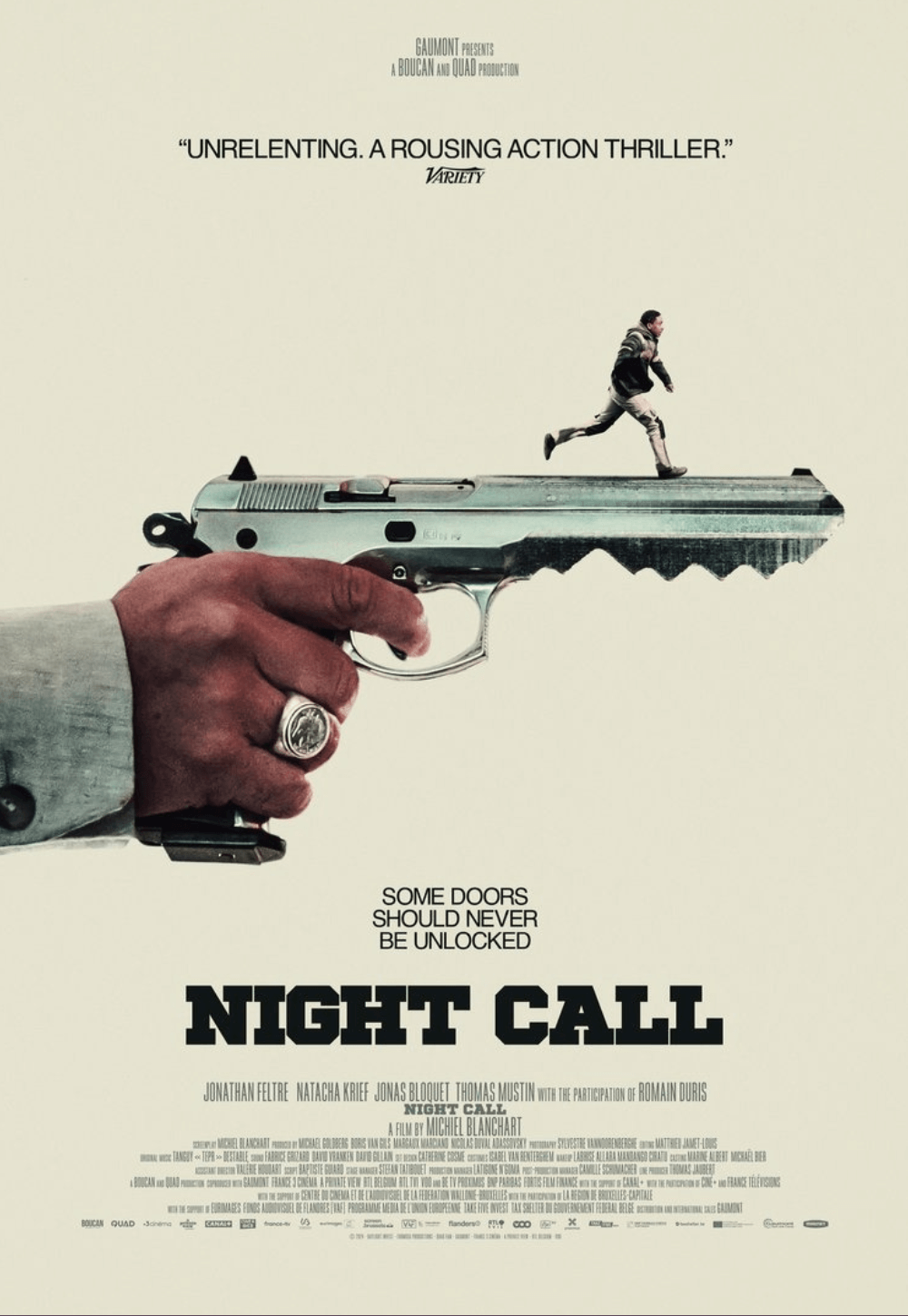
Consider Supporting Deep Focus Review
I hope you’re enjoying the independent film criticism on Deep Focus Review. Whether you’re a regular reader or just occasionally stop by, please consider supporting Deep Focus Review on Patreon or making a donation. Since 2007, my critical analysis and in-depth reviews have been free from outside influence. Becoming a Patron gives you access to exclusive reviews and essays before anyone else, and you’ll also be a member of a vibrant community of movie lovers. Plus, your contributions help me maintain the site, access research materials, and ensure Deep Focus Review keeps going strong.
If you enjoy my work, please consider joining me on Patreon or showing your support in other ways.
Thank you for your readership!
Brian Eggert | Critic, Founder
Deep Focus Review


